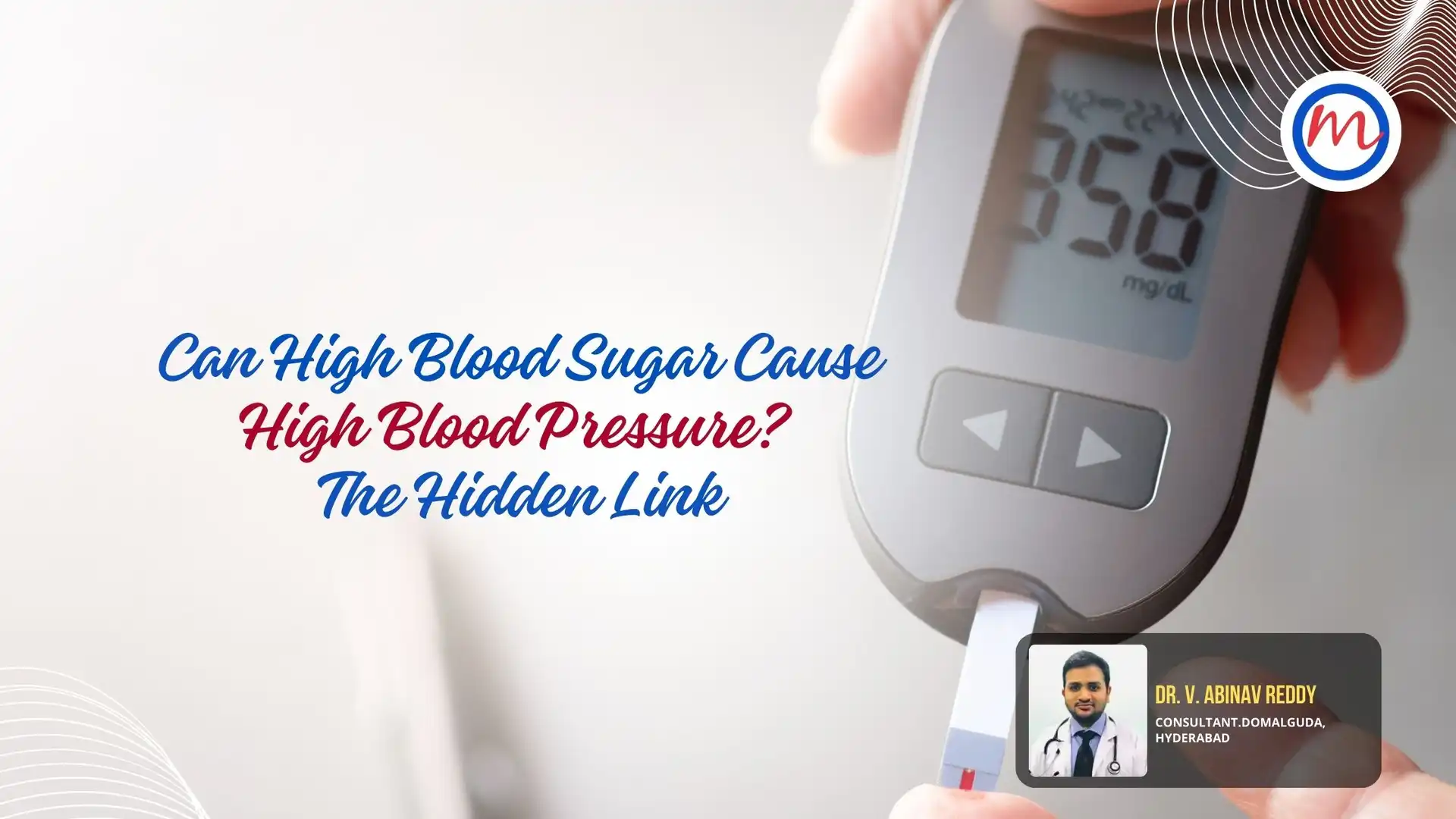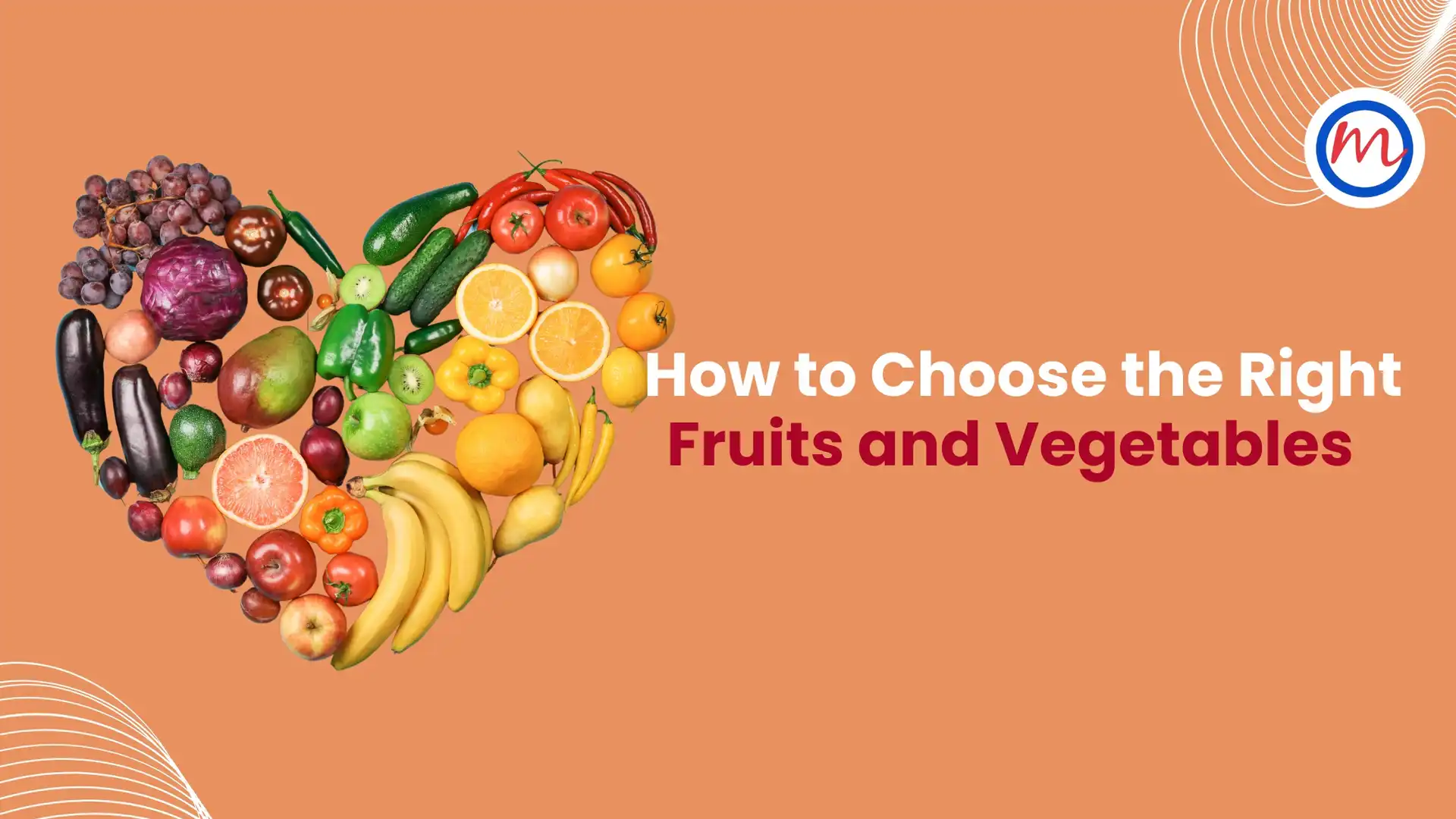Can High Blood Sugar Cause High Blood Pressure? The Hidden Link
High blood sugar and high blood pressure often go hand in hand, with each condition increasing the risk of the other. In fact, individuals with diabetes are twice as likely to develop hypertension compared to those without diabetes. If left unmanaged, this combination can significantly raise the risk of heart disease, stroke, and kidney complications.
Nearly two-thirds of adults with diabetes have high blood pressure (above 130/80 mmHg) or require medication for hypertension. Understanding the hidden link between these conditions is crucial for better management and long-term health.
The Hidden Connection Between High Blood Sugar & High Blood Pressure
Several underlying mechanisms explain why high blood sugar may contribute to high blood pressure:
- Insulin Resistance
- When the body’s cells become less responsive to insulin, it increases the risk of both diabetes and hypertension.
- Impaired Nitric Oxide (NO) Production
- High blood sugar reduces nitric oxide, a molecule that helps blood vessels relax. This leads to vasoconstriction (narrowing of blood vessels), increasing blood pressure.
- Chronic Inflammation
- Elevated blood sugar levels trigger inflammation, which contributes to cardiovascular issues, including hypertension.
- Dyslipidaemia (Abnormal Cholesterol Levels)
- Diabetes can cause high triglycerides and low HDL (good cholesterol), both of which increase the risk of high blood pressure.
- Obesity & Weight Gain
- Excess sugar intake leads to weight gain, a major risk factor for both diabetes and hypertension.
- Hormonal Imbalances
- Diabetes can increase aldosterone production, leading to water and salt retention, which raises blood pressure.
- Atherosclerosis (Narrowed Arteries)
- High blood sugar causes fatty deposits in the arteries, making them stiff and increasing blood pressure.
- Sedentary Lifestyle
- Lack of physical activity worsens insulin resistance, obesity, and hypertension.
Tips to Manage Blood Sugar & Blood Pressure
Follow a Healthy Diet:
- Eat fibre-rich foods (vegetables, fruits, whole grains, and legumes).
- Reduce saturated fats, trans fats, and added sugars.
- Reduce salt intake to less than 5g per day.
Sodium Restriction Tips:
- Avoid foods with 400mg+ of sodium per serving.
- Choose products labelled “low sodium” (<140mg per serving) or “salt-free” (<5mg per serving).
Exercise Regularly:
- Strive for a minimum of 150 minutes of moderate exercise each week.
Maintain a Healthy Weight:
- Losing 5-10% of body weight can significantly improve blood pressure and blood sugar control.
Manage Stress & Get Enough Sleep:
- Practice yoga, meditation, and deep breathing.
- Ensure 7-8 hours of quality sleep every night.
Avoid Alcohol & Quit Smoking:
- Both can worsen insulin resistance and increase blood pressure.
Take Medications as Prescribed:
- Follow your doctor’s advice for managing diabetes and hypertension.
Monitor Your Blood Sugar & Blood Pressure Regularly
- Keep track of your readings to detect any fluctuations early.
Schedule Regular Checkups
- Routine visits with your doctor help prevent complications.
Conclusion
If you have both diabetes and hypertension, monitoring and managing them is essential to reduce the risk of heart disease and stroke. These conditions often require a combination of lifestyle changes and medications for effective control.
Taking proactive steps today can help normalize your blood sugar, protect your blood vessels, and lead to a longer, healthier life.
Dr. V. Abinav Reddy
Consultant, Dr. Mohan’s Diabetes Specialties Centre,
Domalguda, Hyderabad



